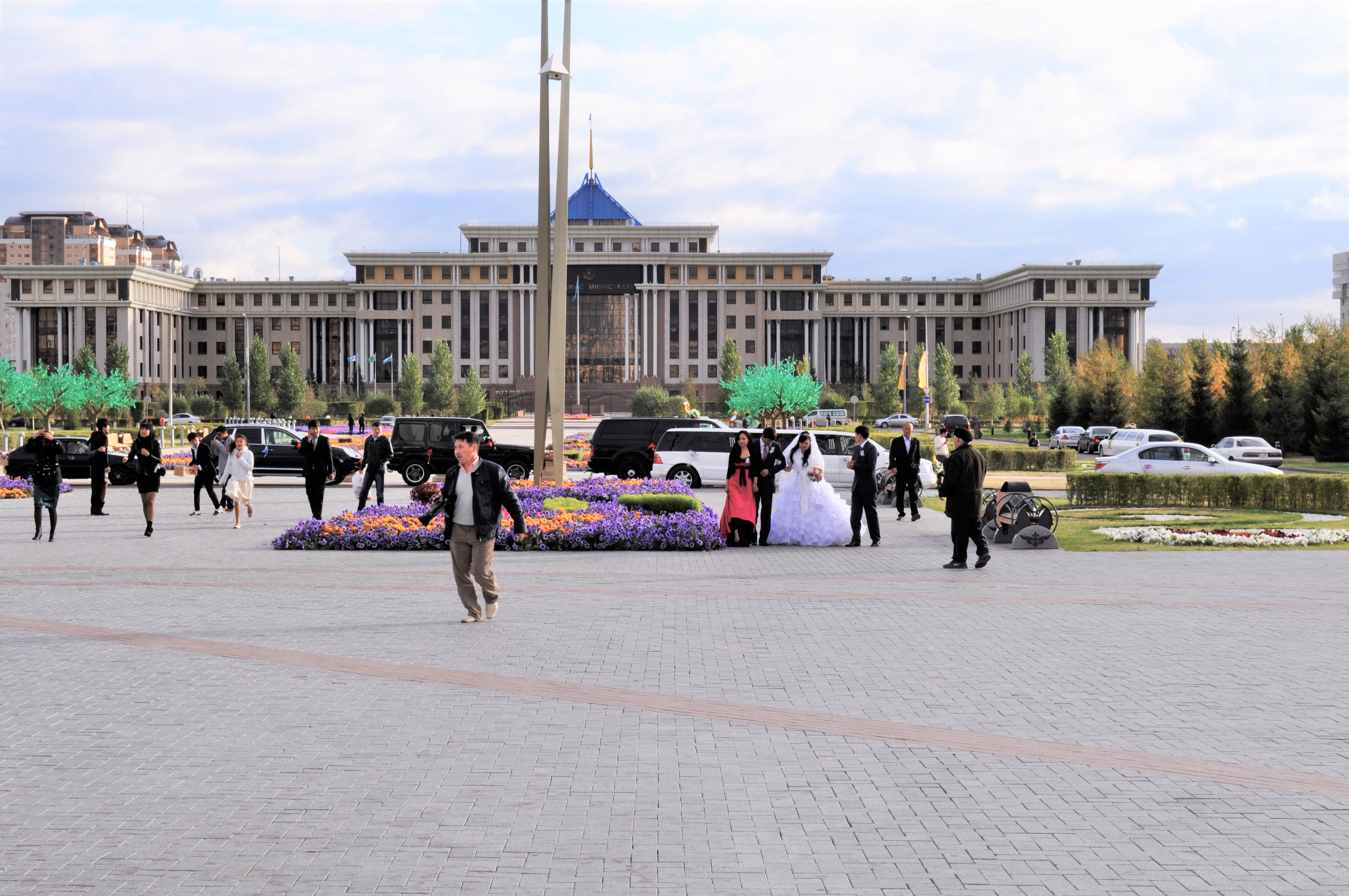|
Minister Of Defence
A defence minister or minister of defence is a cabinet official position in charge of a ministry of defense, which regulates the armed forces in sovereign states. The role of a defence minister varies considerably from country to country; in some the minister is only in charge of general budget matters and procurement of equipment; while in others the minister is also an integral part of the operational military chain of command. A defence minister could be titled Minister for Defense, ''Minister of National Defense'', Secretary of Defense, ''Secretary of State for Defence'', Minister of War or some similar variation. Lists * List of current defence ministers See also * Chief of Defence * Commander-in-chief * Ministry of defence * War cabinet References {{Types of government minister Defence Defense or defence may refer to: Tactical, martial, and political acts or groups * Defense (military), forces primarily intended for warfare * Civil defense, the organizing of ... [...More Info...] [...Related Items...] OR: [Wikipedia] [Google] [Baidu] |
Cabinet (government)
A cabinet is a body of high-ranking state officials, typically consisting of the executive branch's top leaders. Members of a cabinet are usually called cabinet ministers or secretaries. The function of a cabinet varies: in some countries, it is a collegiate decision-making body with collective responsibility, while in others it may function either as a purely advisory body or an assisting institution to a decision-making head of state or head of government. Cabinets are typically the body responsible for the day-to-day management of the government and response to sudden events, whereas the legislative and judicial branches work in a measured pace, in sessions according to lengthy procedures. In some countries, particularly those that use a parliamentary system (e.g., the UK), the Cabinet collectively decides the government's direction, especially in regard to legislation passed by the parliament. In countries with a presidential system, such as the United States, ... [...More Info...] [...Related Items...] OR: [Wikipedia] [Google] [Baidu] |
Ministry Of Defense
{{unsourced, date=February 2021 A ministry of defence or defense (see spelling differences), also known as a department of defence or defense, is an often-used name for the part of a government responsible for matters of defence, found in states where the government is divided into ministries or departments. Such a department usually includes all branches of the military, and is usually controlled by a defence minister, minister of defence, or secretary of defense. Historically, such departments were referred to as a Ministry of War or Department of War, although such departments generally had authority only over the army of a country, with a separate department governing other military branches. Prior to World War II, most "Ministries of War" were Army ministries, while the Navy and the Air Force, if it existed as a separate branch, had their own departments. As late as 1953, for example, the Soviet Union The Soviet Union,. officially the Union of Soviet Socialist Rep ... [...More Info...] [...Related Items...] OR: [Wikipedia] [Google] [Baidu] |
Armed Forces
A military, also known collectively as armed forces, is a heavily armed, highly organized force primarily intended for warfare. It is typically authorized and maintained by a sovereign state, with its members identifiable by their distinct military uniform. It may consist of one or more military branches such as an army, navy, air force, space force, marines, or coast guard. The main task of the military is usually defined as defence of the state and its interests against external armed threats. In broad usage, the terms ''armed forces'' and ''military'' are often treated as synonymous, although in technical usage a distinction is sometimes made in which a country's armed forces may include both its military and other paramilitary forces. There are various forms of irregular military forces, not belonging to a recognized state; though they share many attributes with regular military forces, they are less often referred to as simply ''military''. A nation's military ... [...More Info...] [...Related Items...] OR: [Wikipedia] [Google] [Baidu] |
Sovereign State
A sovereign state or sovereign country, is a polity, political entity represented by one central government that has supreme legitimate authority over territory. International law defines sovereign states as having a permanent population, defined territory (see territorial disputes), one government, and the capacity to enter into International relations, relations with other sovereign states. It is also normally understood that a Sovereignty#Sovereignty and independence, sovereign state is independent. According to the declarative theory of statehood, a sovereign state can exist without being Diplomatic recognition, recognised by other sovereign states.Thomas D. Grant, ''The recognition of states: law and practice in debate and evolution'' (Westport, Connecticut: Praeger, 1999), chapter 1. List of states with limited recognition, Unrecognised states will often find it difficult to exercise full treaty-making powers or engage in Diplomacy, diplomatic relations with other sovereign ... [...More Info...] [...Related Items...] OR: [Wikipedia] [Google] [Baidu] |
Minister (government)
A minister is a politician who heads a ministry (government department), ministry, making and implementing decisions on policies in conjunction with the other ministers. In some jurisdictions the head of government is also a minister and is designated the ‘prime minister’, ‘premier’, ‘chief minister’, ‘chancellor’ or other title. In Commonwealth realm jurisdictions which use the Westminster system of government, ministers are usually required to be members of one of the houses of Parliament or legislature, and are usually from the political party that controls a majority in the lower house of the legislature. In other jurisdictions—such as Belgium, Mexico, Netherlands, Philippines, Slovenia, and Nigeria—the holder of a cabinet-level post or other government official is not permitted to be a member of the legislature. Depending on the administrative arrangements in each jurisdiction, ministers are usually heads of a Ministry (government department), government ... [...More Info...] [...Related Items...] OR: [Wikipedia] [Google] [Baidu] |



